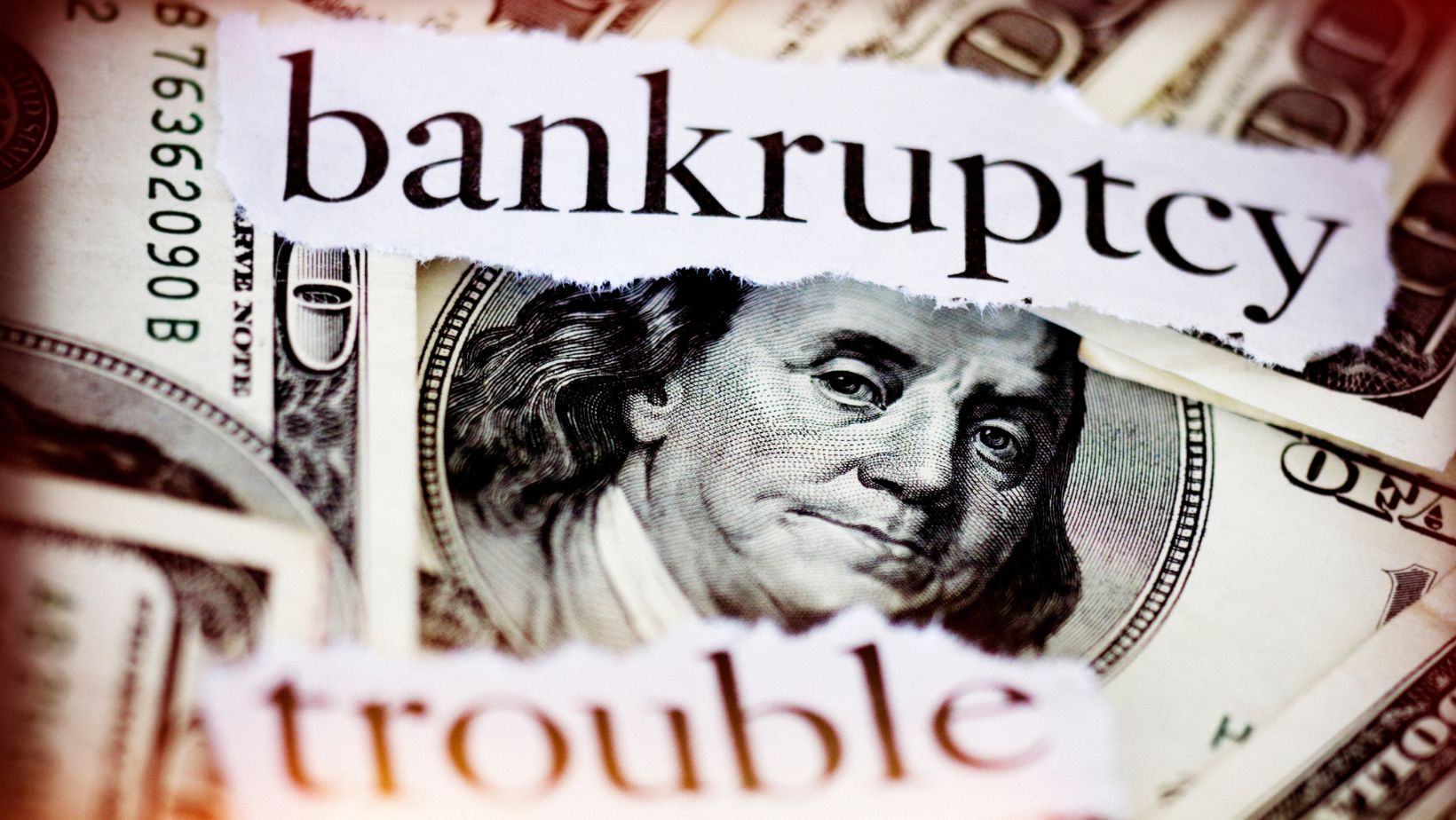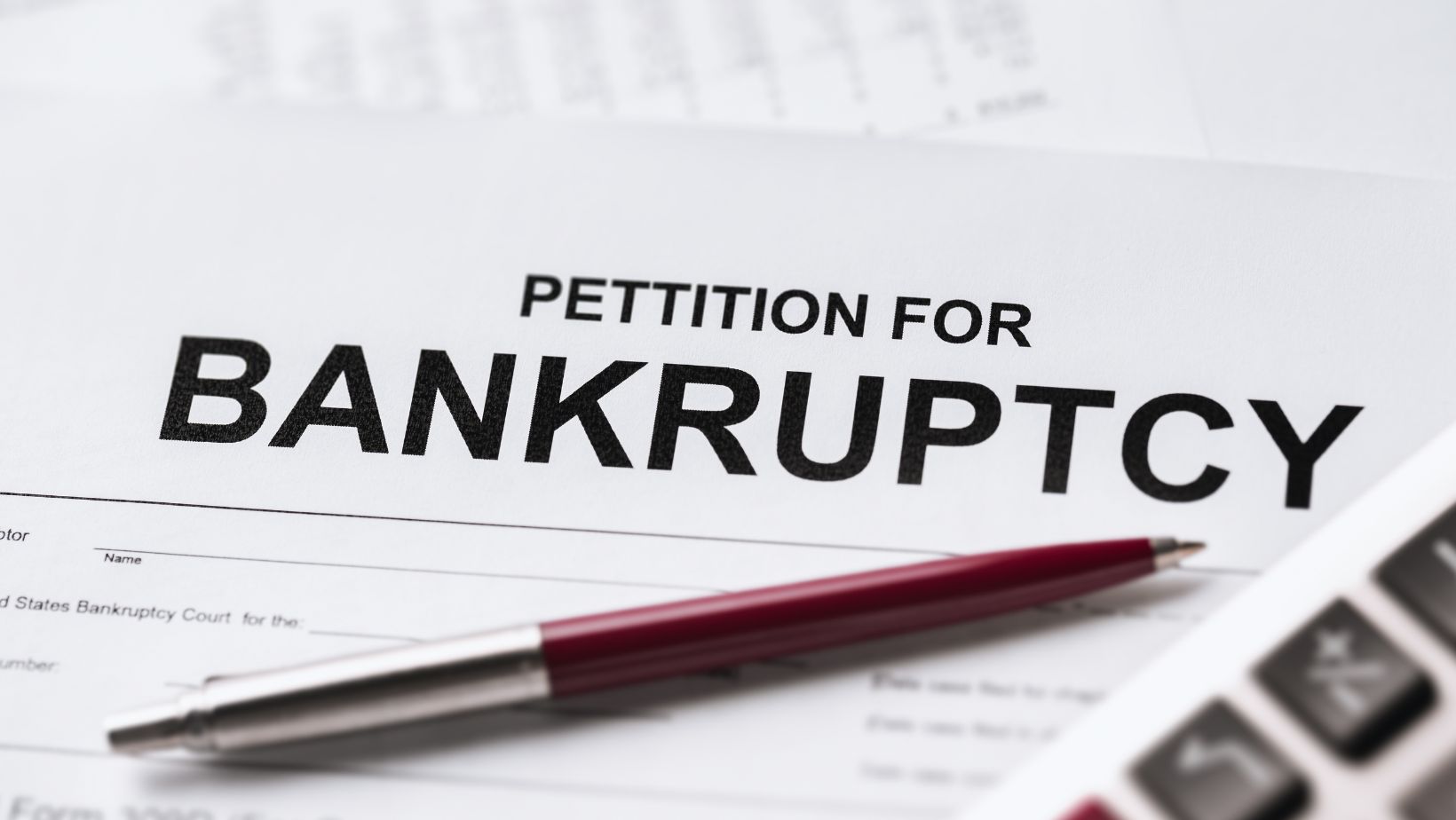
Bankruptcy is a serious financial and legal step that can have long-term repercussions for your credit, property, and finances.
While it’s a matter that shouldn’t be taken lightly, don’t fall for the myth that it’s the end. When pursued thoughtfully and with the help of a bankruptcy lawyer, you can get help with a Chapter 13 or a Chapter 7 that offers a new lease on life.
A bankruptcy can be a blessing in disguise and offer a second chance, but it’s an option that should be a last resort rather than a first option. Before starting down the road of bankruptcy, you should learn about your options from a bankruptcy lawyer.
Here are five things you might consider doing before filing for bankruptcy in the United States.
- Add Up All of Your Debts
You will have to sit down and review your finances with a fine-tooth comb prior to filing for bankruptcy. Not all of your debts are created equal when you file for bankruptcy, and some of them are not discharged through the process.
Start by adding up all debts like credit cards, personal loans, student loans, car loans, and mortgage loans. Itemize them based on secured debts — such as a home or car loan — and unsecured debts — such as credit card or doctor’s bills.
You must also identify non-dischargeable debts — like child support, alimony, and most student loans — since debts under this heading will typically exist after filing for bankruptcy. That’s one reason it makes sense to speak with a bankruptcy lawyer.
A legal professional will give you the answers you need to make informed decisions impacting you over the short- and long-term period.
- Look at Bankruptcy Alternatives
Bankruptcy isn’t the only solution for out-of-control debt. Based on your situation, other options may offer the relief you need without any lasting impacts on your credit and finances.
Look for alternatives such as the following to see if they’re better than a bankruptcy filing:
Debt consolidation: Consolidating multiple debts into one loan with a reduced interest rate.
Debt management plans (DMPs): Offered by non-profit credit counseling, DMPs involve payment plans and interest rates.
Debt settlement: Negotiating to pay less money to creditors.
Selling possessions or earning some extra money: Selling lost items or taking a temporary part-time job can be helpful.
A seasoned attorney or bankruptcy lawyer can help guide you through your options and determine if and when bankruptcy is in your best interest.
- Consult with a Bankruptcy Lawyer
American bankruptcy law is complicated, and an improper filing will result in your case being dismissed, or you could lose valuable assets. It’s best to consult with a bankruptcy lawyer before proceeding.
A lawyer will be capable of examining the following and providing recommendations:
- Find out if you qualify for Chapter 7 (liquidation) or Chapter 13 (reorganization).
- Know what debts won’t be canceled and which ones won’t be discharged.
- Preserve exempt property, home, vehicle, or retirement savings.
- Complete all required forms and submit them within the time limit.

Considering the seriousness of bankruptcy, you should consult a bankruptcy lawyer before deciding whether or not to move forward with that course of action.
- Gather All Your Financial Information
Bankruptcy requires a lot of paperwork regarding your past finances. You will have to provide accurate information regarding your income, expenses, property, and debts.
Some of the items that you will have to gather include paychecks and recent tax returns, bank statements, credit card and loan statements, titles to properties, titles to vehicles, pension plan statements, and a monthly budget list detailing rent, electricity, food, transportation, and more.
- Complete Credit Counseling
You’ll have to get a credit counseling session under the guidance of a certified non-profit agency if you file for bankruptcy.
Regardless of what type of bankruptcy you file, the counseling session will do the following:
- Educate you about your money and show you how to be more financially responsible.
- Give you a certificate of completion, which you must sign and submit with your bankruptcy petition.
Bankruptcy should not be taken lightly, but it is a legal option that might be the best one depending on your circumstances. It’s best to consult with a bankruptcy lawyer to comb over the possibilities on the table so you can choose what’ll be best for you.

















